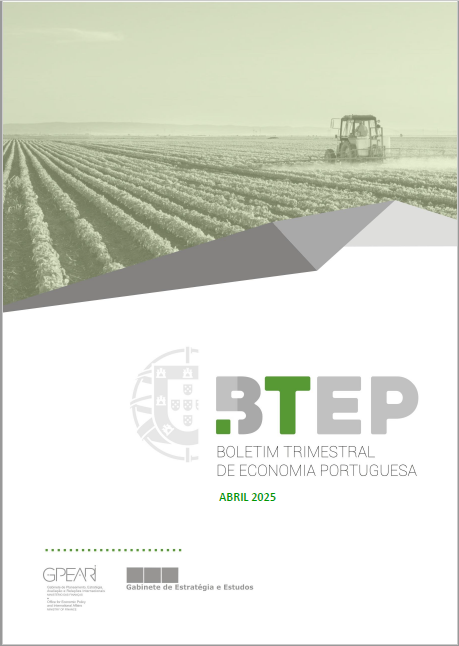Productivity growth in southern European countries has been slowing down at least since the early 2000s. In this regard, Portugal has been no exception to this common trend as productivity growth has been sluggish since the beginning of the century, well before the global financial crisis. At the same time, corporate levels of indebtedness of Portuguese firms have built-up quite substantially until recent years. Although with different levels of intensity across sectors, this pattern was particularly prevalent in the construction sector, rendering it to be a compelling case to study the relation between debt and productivity. Using microdata from Portuguese construction firms, in this paper, we investigate the long-term impact of persistent corporate debt accumulation on total factor productivity growth. To do so, we rely on the framework provided by the estimation of heterogeneous dynamic-panel models. This framework allows us to account for dynamics, feedback effects, firm heterogeneity, and cross-sectional dependencies arising from unobserved common factors. After taking into account the effect of unobserved common factors affecting all firms in the sector as well as firm’s specific characteristics, we find a negative and significant effect of corporate debt-build up on total productivity growth in the industry. This result is robust to different measures of total factor productivity, labour productivity and firms’ indebtedness. Our results suggest that timely measures aiming to reduce debt overhangs by firms may be essential tools to boost productivity growth in the construction sector.





 Conselho para a
Conselho para a